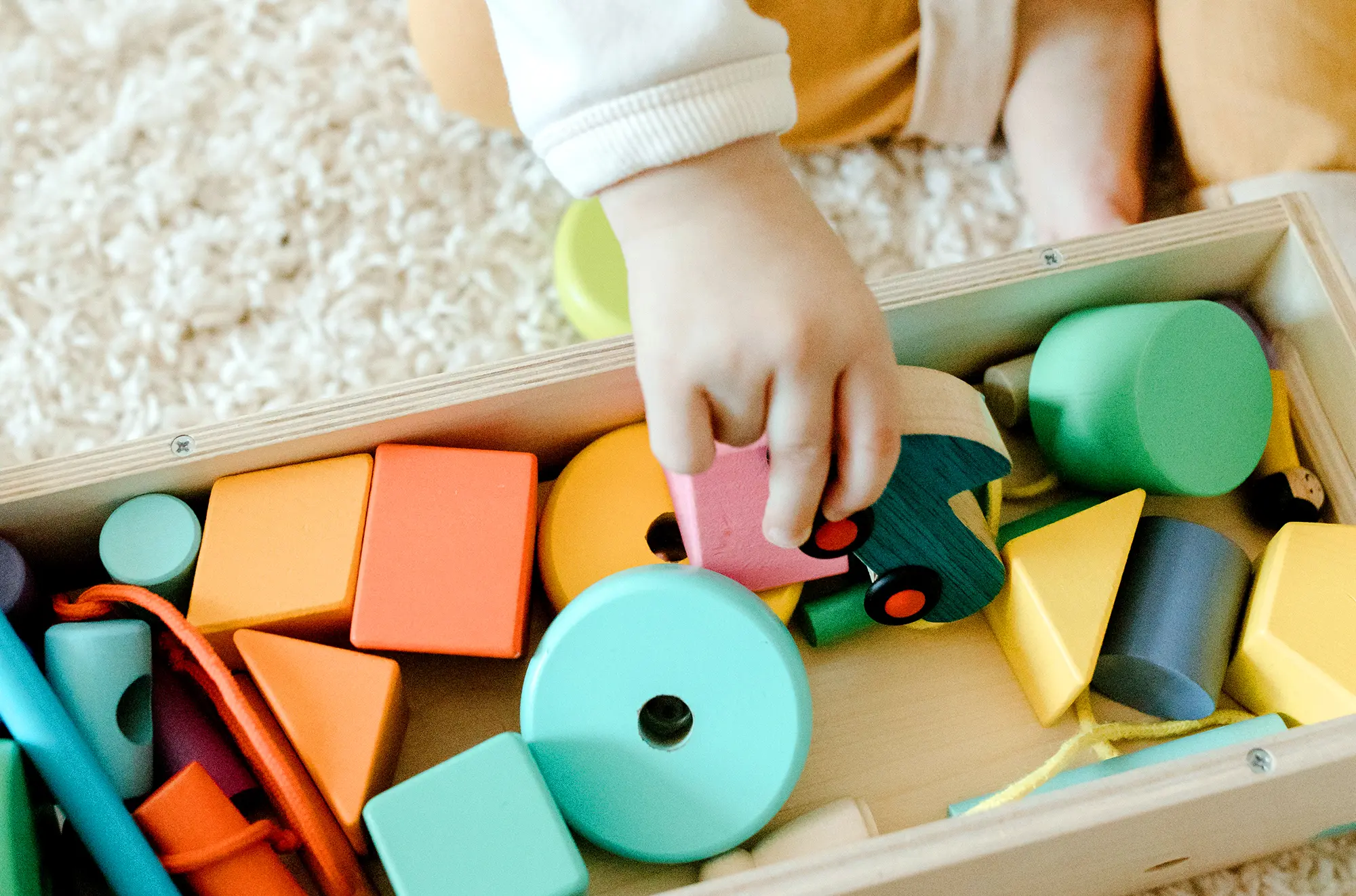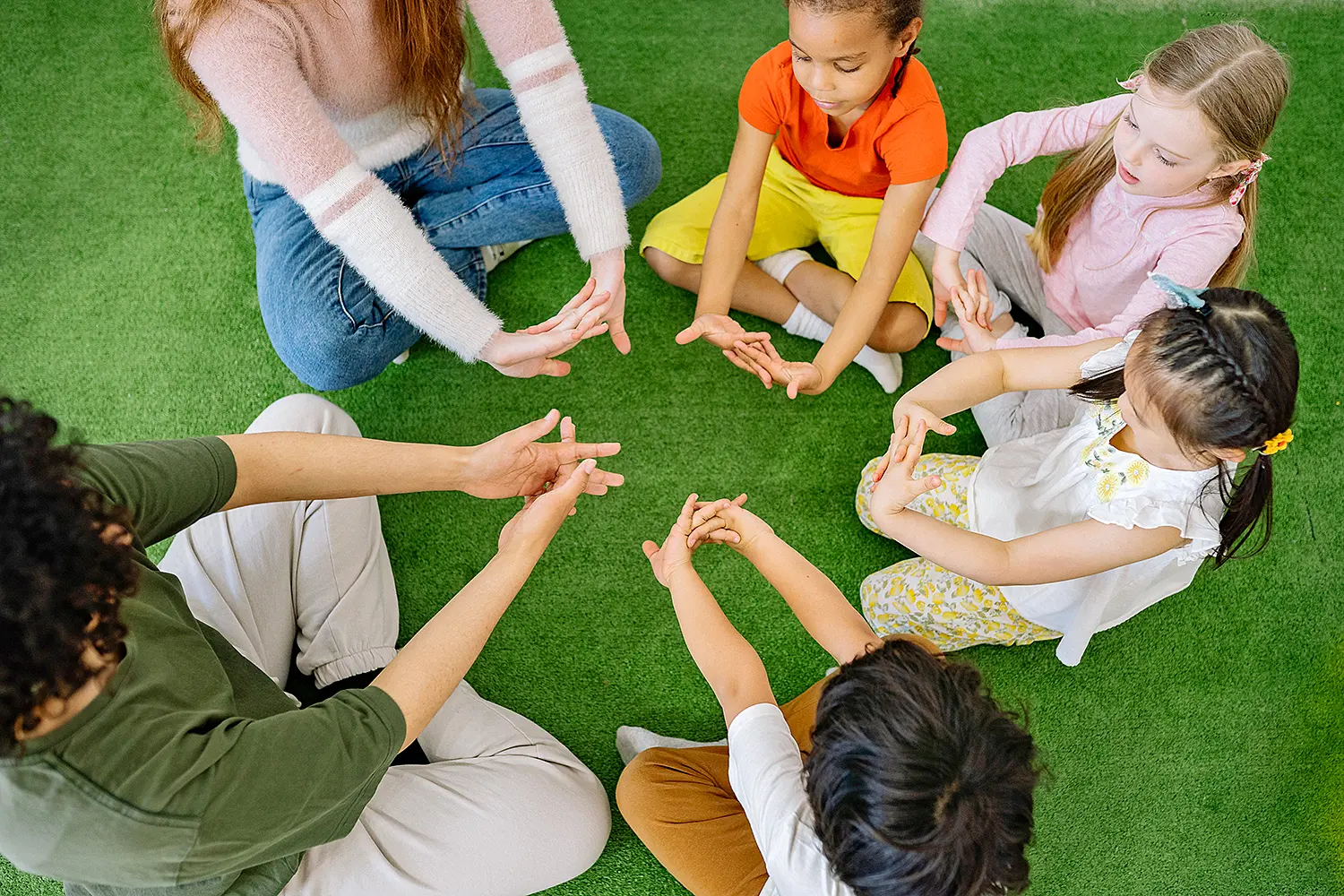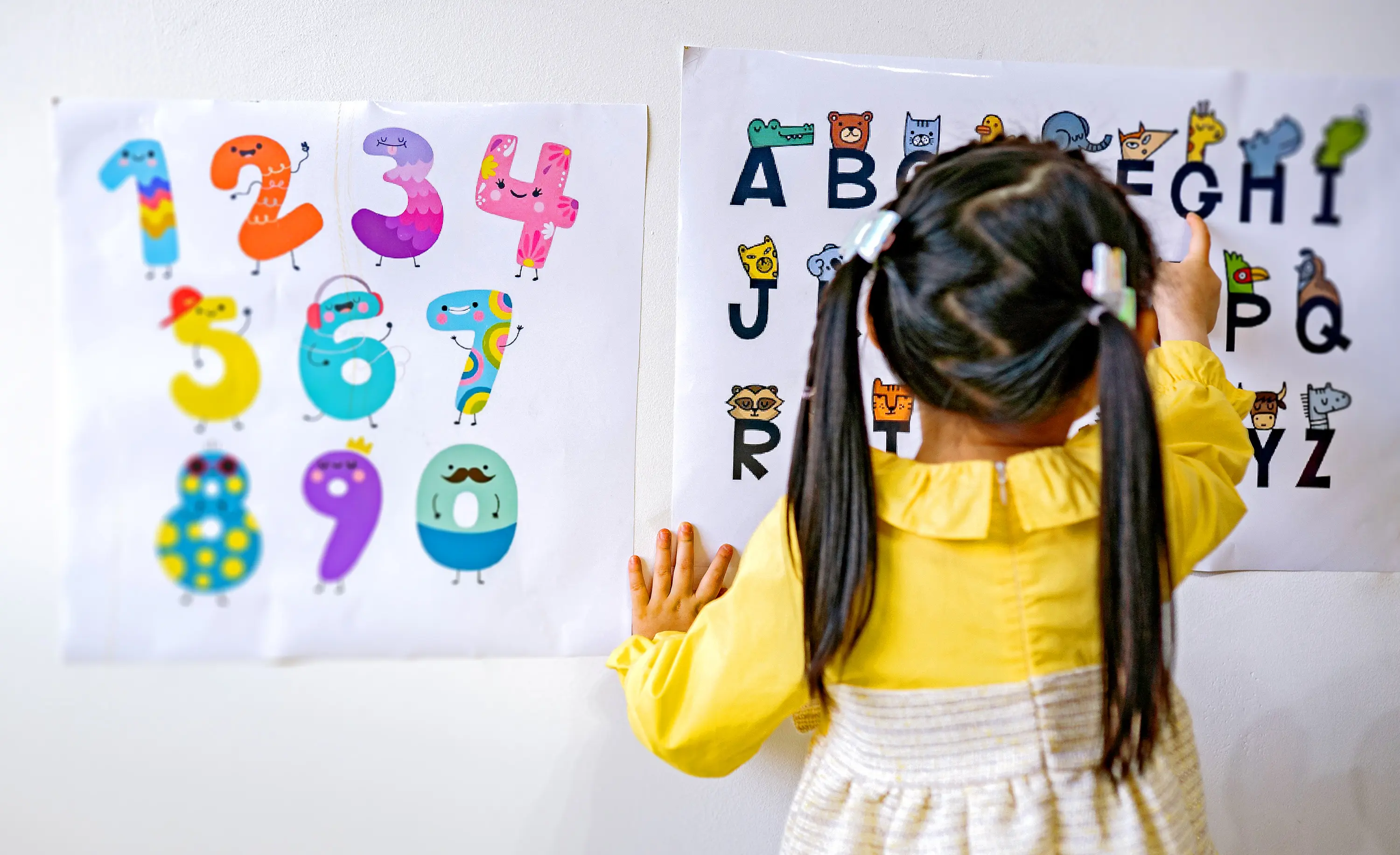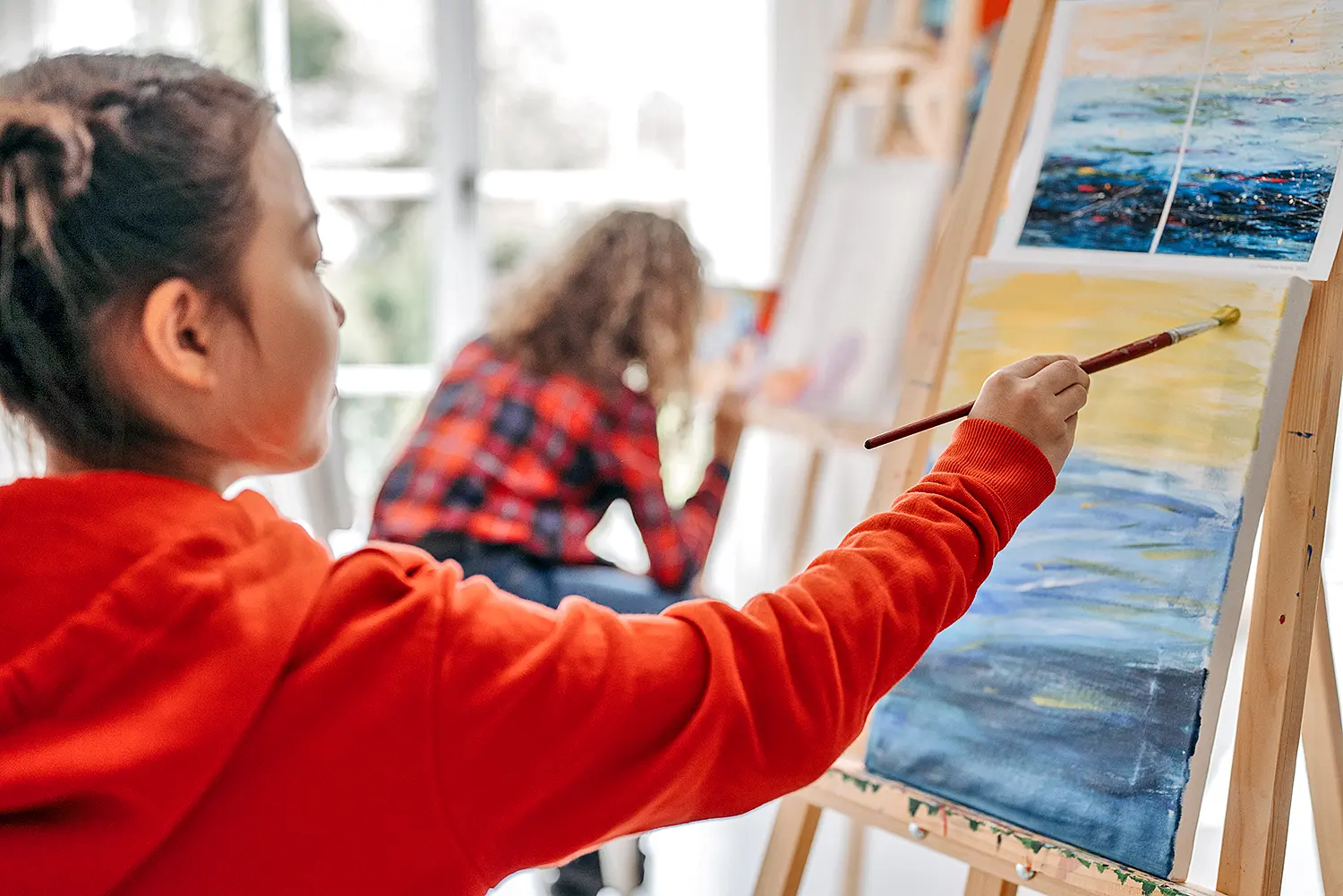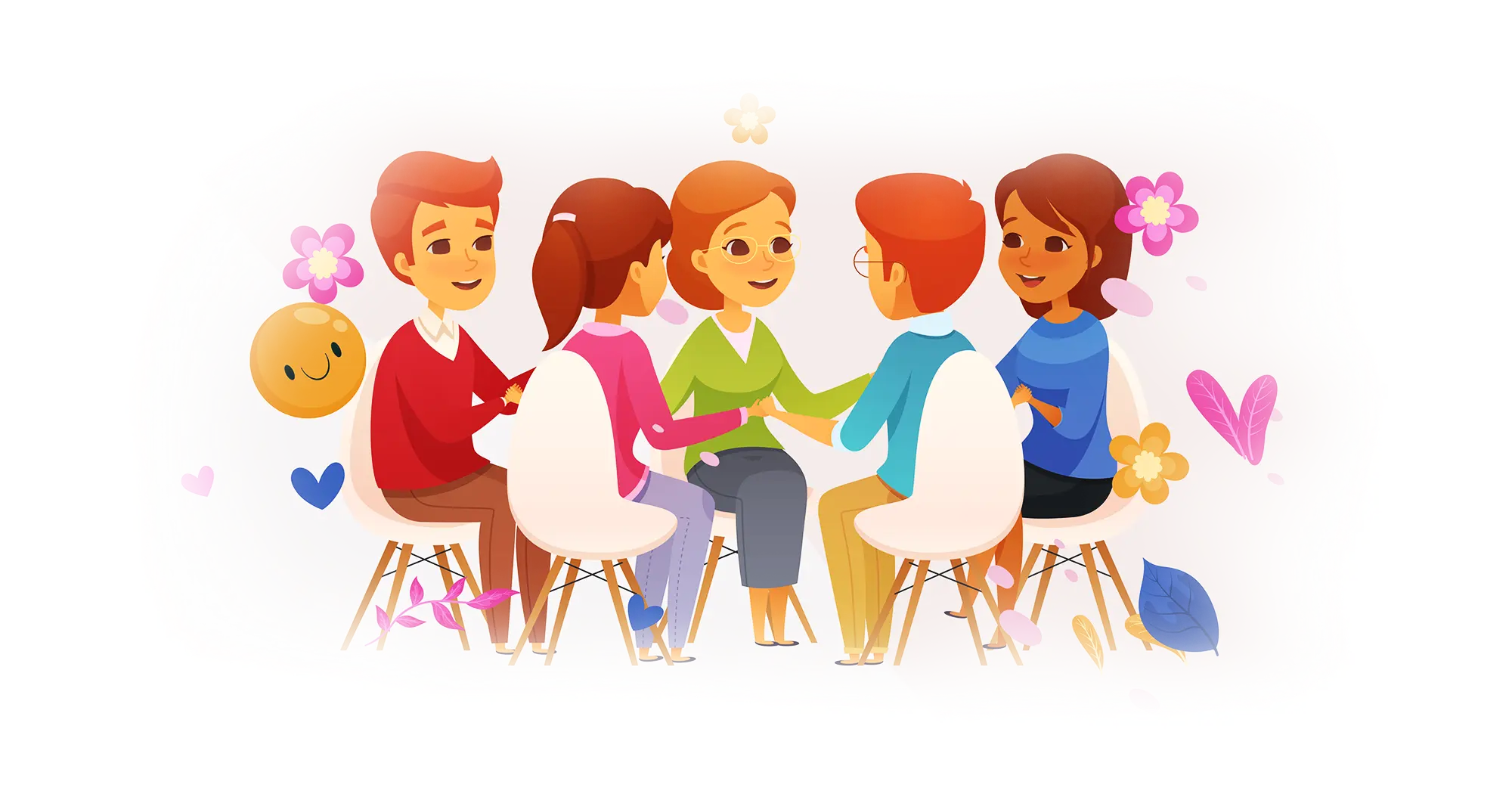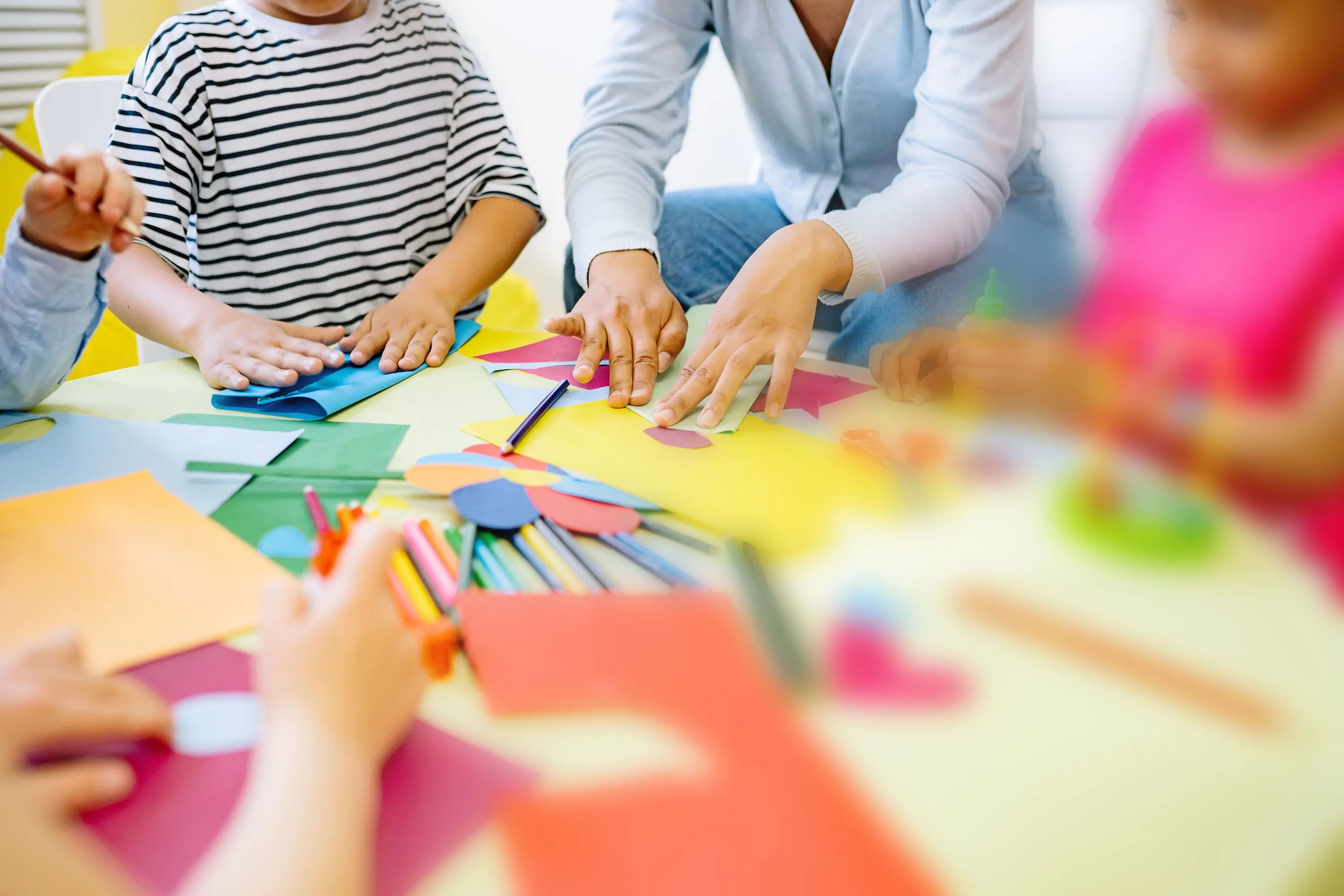
Special Education; Integrated Education; Inclusive Education and school readiness programs
The main difference between special education, integrated education and inclusive education is that special education system has an individual student-centric approach while integrated education attempts to encourage the students with disabilities to be part of the larger group. An inclusive system sticks to “education-for-all” approach. Furthermore, in comparison to special education, integrated education and inclusive education are more promising in uplifting the self-esteem and the self-concept of students with special needs. We at Kaleidoscope focus on preparing children for formal/mainstream school as well as per the need of the need.
